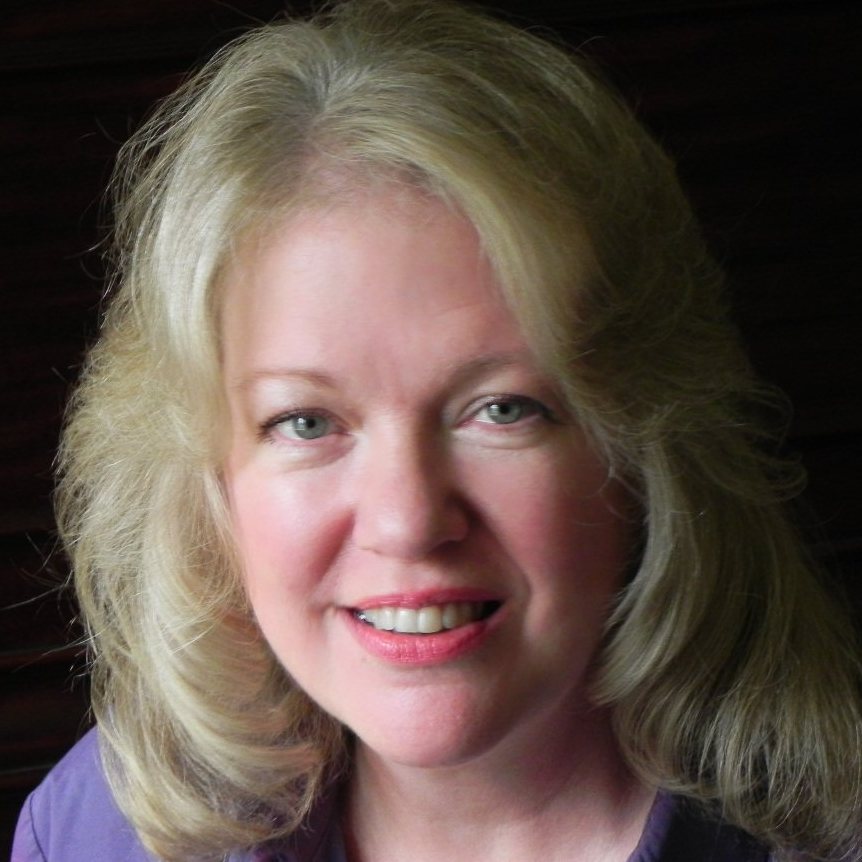There is a new sheriff at the FCC, and it looks like Tom Wheeler is here to protect the townspeople, not the outlaws.
As new chair, Wheeler explained in a statement last Thursday, "Protecting Television Consumers by Protecting Competition," the FCC is required by law to assess its media ownership rules every four years to determine if they need to be modified to serve the public interest. His predecessor, Julius Genachowski, ignored that law completely, meaning it's been six years since a review has been completed. But Wheeler seems to be taking this responsibility seriously, and states, "motivated by evidence that our rules protecting competition, diversity and localism have been circumvented, we will consider some changes to other Commission rules to enforce existing rules."
We haven't heard an FCC chairman talk about enforcing
rules since, well, since well before this writer started paying
attention back in 1987.
Note Wheeler's willingness to close the "Joint Services Agreement" loophole, which has allowed two TV stations in one town to be operated, if not owned, by the same owner. (TV viewers experience this when they watch the same news and reporters on two different channels in their towns.) He is also looking at local radio and TV ownership rules, which I have written about at length before, as well as the current prohibition on the cross-ownership of newspapers and television stations.
If broadcast station owners held the same standards of fairness and duty to the public interest they did at the onset of broadcasting, we wouldn't need all these rules. But these times, they are a changing, and both profit and politics too often trumps the public interest.
This can best be seen in the state of Wisconsin.
Years ago, the FCC granted Journal Communications a special waiver to own TV station WTMJ-4 and radio stations WTMJ AM (a 50,000 watt powerhouse,) and 14,000 watt WLWK-FM, plus the Journal Sentinel newspaper, the region's only daily. The FCC decided to grant Journal Communications the waiver because Journal made the case that the newspaper would be in a separate building, and thus not subject to cross-pollination from its other "news" sources.
Since then, Wisconsin Democrats have been
complaining that "conservative" corporate giants have unfairly promoted
Republican candidates in the local newspaper and on the radio for years,
and Republican officeholders admit -- and even publicly brag -- about how talk radio wins them elections:
"Scott Walker gives a lot of credit to Milwaukee and Madison
conservative talk radio for his election both as Milwaukee county
executive and as governor."
So Milwaukee Democrats (through my non-profit project Media Action Center) filed a complaint and Petition to Deny WTMJ's license in 2012 at the FCC. I have written about this before,
but in short, MAC proves that Journal's WTMJ-AM "conservative" talk
radio shows donated about a half a million dollars in airtime to get
Scott Walker re-elected during his recall campaign, but would not allow Democratic supporters of his opponent Tom Barrett on the shows at all.
There is an FCC rule against this kind of political manipulation of our airwaves called the Zapple Doctrine.
Despite the Constitutional implications of the case, the story has never been covered in the pages of the Sentinel (although a story did appear in a piece on the JSOnline entertainment blog.)
Attorneys for Journal Communication make the case they can bend those common sense rules because their talk show hosts, Jeff Wagner and Charlie Sykes are not entertainers, but rather "bonafide news" providers.
Now the Journal Communications machine is
blurring the lines between news, opinion, and politics still further.
Former Journal reporter Dominique Paul Noth writes:
"Right Wisconsin, a website requiring paid subscription and full of his (Sykes) musings and those of others who claim journalistic credentials, including several right-wing bloggers JS has hired, was started by him to spread his journalism credentials and is actually owned by the Milwaukee Journal Sentinel and Journal Communications, moving from mere employer of an entertainer to conspirator in right-wing journalistic thematics."
The FCC must determine the answer as to what the term "bonafide news" really means.
The agency's recent track record on that issue has been spotty. Let's look at another recent FCC decision involving a Wisconsin based news service which reflects the upside down world over which the agency presides about what is and is not "news."
(Note: You can view every article as one long page if you sign up as an Advocate Member, or higher).






